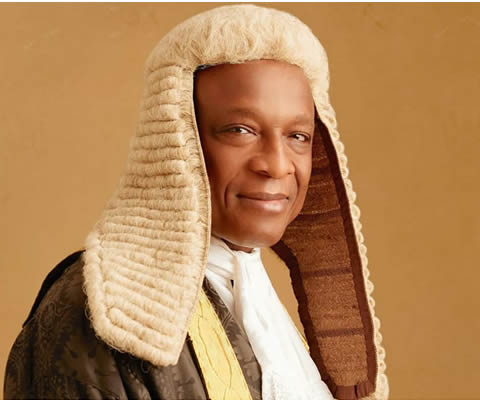Legal luminary, Professor ’Kemi Pinheiro, has called on the National Association of Nigeria Travel Agencies (NANTA) to adopt a robust constitution and pursue charter status to secure its relevance and authority in Nigeria’s travel and tourism sector.
At the association’s 49th Annual General Meeting (AGM), Pinheiro urged the members to rally behind a vision of a legally grounded, ethically driven, and globally respected association.
He described the Association’s current legal framework, registered as an Incorporated Trustee under Part F of the Companies and Allied Matters Act (CAMA) 2020—as insufficient to support its ambitions of professional regulation and global recognition.
Without a statutory charter, he said, NANTA lacks the structural muscle to effectively govern its members or regulate professional standards in the industry.
Pinheiro likened the constitution of an organization to the design of an airport terminal saying, “When done right, everything flows smoothly, but when done poorly, confusion reigns.” This metaphor set the tone for a presentation rooted in legal precedent, philosophical insight, and pragmatic recommendations.
He emphasised that a constitution is far more than a formal document, it is the foundational legal instrument that legitimises power, organises governance, and upholds ethical standards.
Tracing the implications of NANTA’s draft constitution, Pinheiro pointed out gaps that undermine clarity and legal certainty.
For instance, he highlighted the absence of clear guidelines on who can vote on behalf of a corporate member, potentially exposing the Association to disputes and administrative inefficiencies.
Similarly, he questioned the vague status of probationary or “associate” members, asking whether they hold voting rights or can participate in governance—a lack of clarity that risks perceptions of arbitrariness.
On the issue of dormant membership, Pinheiro noted that while the constitution rightly penalises financial default, it fails to outline the rights or restrictions of such members, nor does it clarify procedures for reactivation.
He also stressed the need for the constitution to reflect statutory provisions regarding the disqualification of trustees, particularly the exclusion of minors, as stipulated in Section 826 of CAMA.
“Good governance is the oxygen that sustains any thriving association,” Pinheiro asserted.
A strong constitution, he said, bridges these two, enabling NANTA to navigate change, prevent abuse, and maintain its integrity.
The presentation also compared NANTA’s governance framework to that of other professional bodies such as the Nigerian Bar Association and the American Society of Travel Advisors (ASTA), both of which enshrine ethical standards and participatory governance in their foundational documents.
Pinheiro advocated for similar codification in NANTA’s constitution, especially in an industry where trust and professionalism are paramount.
Crucially, he called on members to actively engage in the constitutional review process, “We cannot be mere consumers of good governance; we must be participants; we must be co-creators.” Participation, he emphasised, ensures that the constitution reflects the collective will and aspirations of its members.
Pinheiro said, no association can rise above the unity, vision, and commitment of its membership.
“If NANTA is to evolve into a global force in travel and tourism, it must first ground itself in a constitution that commands respect, enforces ethics, and withstands the test of time,” he stated.
We’ve got the edge. Get real-time reports, breaking scoops, and exclusive angles delivered straight to your phone. Don’t settle for stale news. Join LEADERSHIP NEWS on WhatsApp for 24/7 updates →
Join Our WhatsApp Channel










